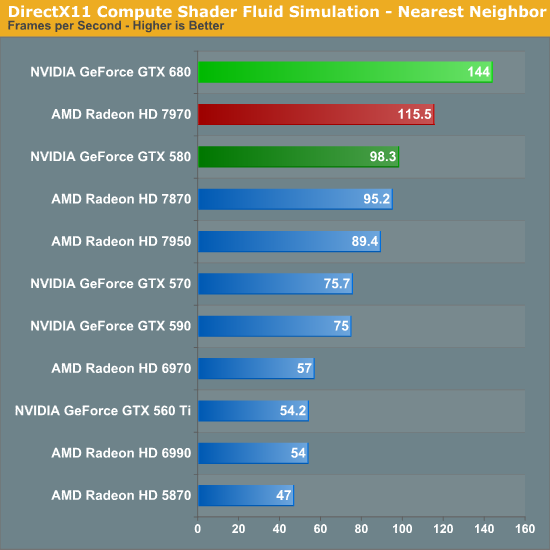they are saying that every next-gen console game will be build from ground up on AMD hardware, and this is cpu and gpu.
now if you have a gaming rig with an Intel cpu and nvdia gpu what are we going to expect?
will devs put money and effort to make console games run smooth on PC on non AMD hardware?
now if you have a gaming rig with an Intel cpu and nvdia gpu what are we going to expect?
will devs put money and effort to make console games run smooth on PC on non AMD hardware?
![[H]ard|Forum](/styles/hardforum/xenforo/logo_dark.png)
